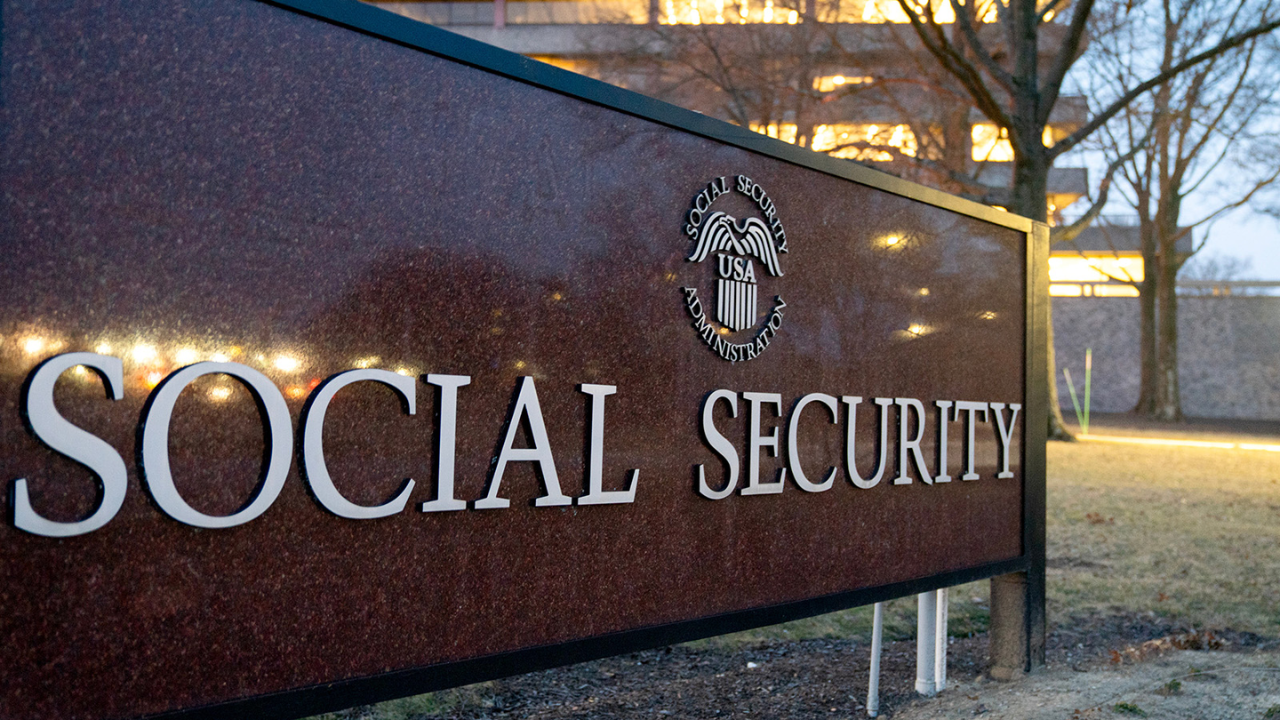The Social Security field office in White Plains, N.Y., offers many conveniences you’d hope for in a government office: free parking, clean restrooms, helpful staff, and reasonable wait times.
Despite this, tension filled the air last Wednesday. With ongoing changes under the new Trump administration, confusion surrounded Social Security services.
Some visitors came simply to check if the office was still open after hearing news of closures and protests.
While Social Security announced the closure of only one field office nationwide, staff reductions, increased online services, and potential system updates have left many uncertain.
In reality, the closure affecting White Plains involves a separate hearing office four miles away, primarily used for Social Security Disability Insurance (SSDI) appeals.
Starting in May, in-person hearings will be relocated to the Bronx or New Haven, Conn. Rep. George Latimer’s office attempted to relocate the hearing office to a county-offered space, but Social Security’s acting commissioner, Leland Dudek, rejected the proposal.
He stated that 83% of claimants from White Plains have already chosen virtual hearings, so an alternative location is unnecessary.
Meanwhile, the White Plains field office remains open, though a sign by the elevator now states that appointments are required. Yet, during MarketWatch’s visit, no one had made one.
Antonio Cabrera, 52, stopped by to get job-related paperwork without checking online first. He waited 25 minutes and resolved his issue. Another visitor, rushing to reclaim his spot in line, remarked, “The website is not great. That’s why we’re here in person.”
Frequent crashes on the Social Security website in recent weeks have made online services unreliable. Social Security is investigating the problem.
Concerns on “Check Day”
Visitors varied in age and purpose, but many were anxious about “check day”—the fourth Wednesday of the month—when benefit payments are deposited.
Social Security retirement and SSDI payments arrive on different Wednesdays based on birthdates, while Supplemental Security Income (SSI) arrives between the first and third of the month.
This particular check day followed Dudek’s controversial remarks about shutting down Social Security—comments he later walked back—and Commerce Secretary Howard Lutnick’s claim that only fraudsters would complain if payments stopped.
“The rain is coming. It will fall on all of us,” one 40-year-old woman said, declining to share her name due to fear of retribution.
Identity Verification Issues
Several visitors faced problems verifying their identities, as Social Security’s rules have been changing.
Silvana Affara, 45, needed a new Social Security card for a nursing program but was told she first had to renew her passport, a process that could take weeks. Frustrated, she left with a stack of paperwork and no resolution.
Fanchette DeGaard, 70, encountered an even more concerning issue. A Swiss-born U.S. citizen for 25 years, she tried to apply for Social Security benefits but was rejected because the system mistakenly listed her as Swedish.
A MarketWatch reader reported a similar issue, fearing it was tied to the administration’s termination of humanitarian parole programs for certain countries.
A Social Security worker from another office explained that naturalized citizens often face problems if their records were never updated. In most cases, visiting an office in person allows them to fix the issue and claim benefits.
Challenges for Older Visitors

A new rule requiring in-person visits or online appointments for identity verification initially sparked backlash, particularly for seniors and people with disabilities. Though later softened, it still caused difficulties for some.
John and Claudia Russo, aged 82 and 79, were at the White Plains office last Wednesday due to an issue with John’s benefits.
Despite Claudia having power of attorney, Social Security does not accept POA documents. Instead, they require a special representative form (Form 1696).
Claudia had no choice but to bring John in person. It was a struggle—he used a walker, and she had to leave him alone on a planter edge while she parked the car.
A veteran Social Security worker noted that many family members assume power of attorney allows them to manage Social Security benefits, only to be turned away.
The same applies to representative payees, who are responsible for handling payments on behalf of beneficiaries.
Some seniors assign their nursing homes as payees, unaware that they remain liable for any benefit changes or overpayments. If they later return home, they must visit Social Security to redirect their payments.
Uncertainty About the Future
For now, the White Plains office remains open, but many are uneasy about what’s ahead.
“I hope they don’t change things for the worse,” said 66-year-old Norma, who had a positive experience with the staff but left without resolving her benefits issue. She’ll have to return—assuming the office is still there.
Disclaimer- Our team has thoroughly fact-checked this article to ensure its accuracy and maintain its credibility. We are committed to providing honest and reliable content for our readers.






